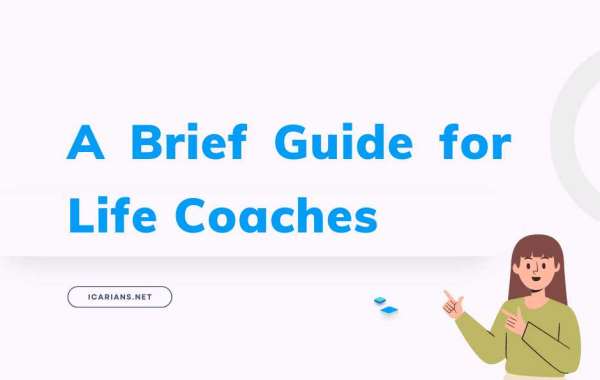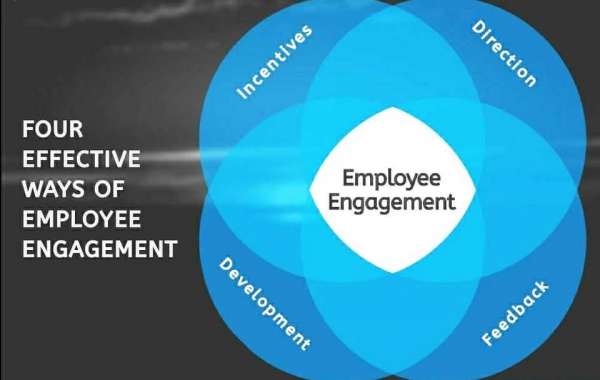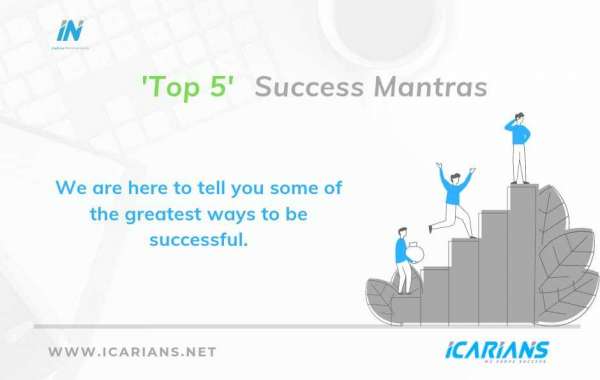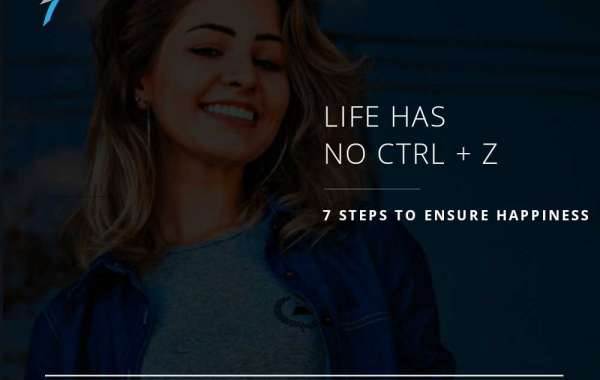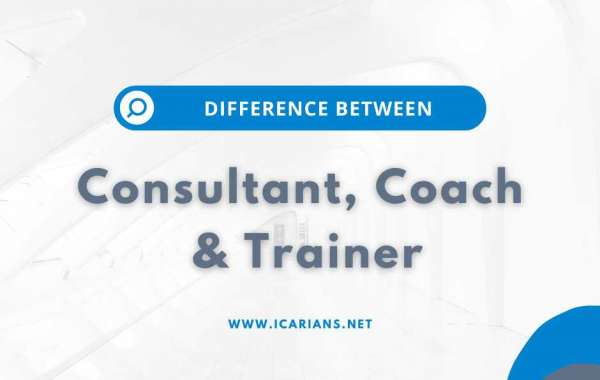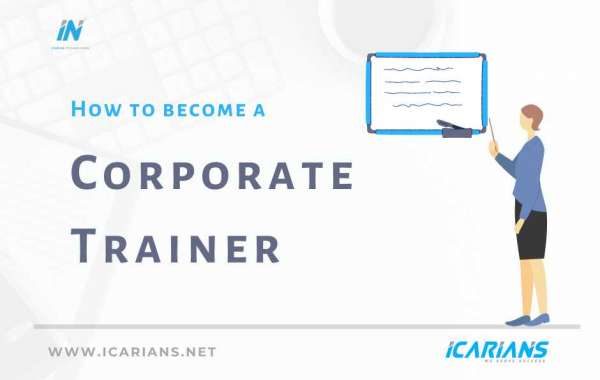The Training and coaching industry is growing at fast pace.
By 2027, this industry is expected to be worth $470 billion, with coaches earning a portion of that through their coaching programs and services.
You can be a part of this growing industry which helps people change their lives as a coach.
1. Who is a Life Coach ?
Let’s talk about what a life coach is and isn't. Coaching is not therapy or counselling. Therapy or counselling is not what a life coach does. Therapists basically work on human inclination and psychological wellness. Professional certifications are required to pursue a career in this specific sector as there are some regulations to it. On the other hand, a life coach encourages their clients to ask important questions and assists them in establishing and achieving goals in order to plan for the future. To become a Life coach, there is no such professional certification required.
You will need to develop a wide range of skills, including active listening, entrepreneurship, marketing, and leadership, to be an effective coach. Some skills may come naturally to you or you may have picked up through other life and career experiences; others may require you to spend time and money on their improvement. The foundations for your success as a life coach are laid when you realize that being a life coach is an ongoing journey of self-improvement.
2. Choose a niche for your life coaching business
When you're just starting out and learning how to become a life coach, it can be tempting to provide services that address all of your clients' problems. However, it is preferable to concentrate on a particular field of expertise. When you narrow down to a specific target audience, your marketing will be more focused and you will ultimately attract the exact clients you are looking for.
For instance, let’s look at these statements -
- A: As a Life coach, I assist individuals in finding a life partner.
- B: I'm a Relationship Coach and I assist people in finding their soul mate.
- C: I am a Relationship coach who focuses on assisting single men in their 30s in finding love.
A is very broad. You'll be addressing nobody specifically, and your ideal client will limit the message as not expected for them.
B is superior, but it is still fairly general and can be used to address any partner seeker. You'll end up doing too much and not going deep enough in any one area to really be useful.
C has a very narrow focus. The significance is abundant, and we are speaking to men in a specific age range.
Therefore, think about the area of expertise in which you can add the most value. What challenges in your life have you overcome that you can help others overcome? What difficulties do people typically seek your assistance with? For what do you always turn to?
3. Importance of Certification -
The Coaching business is unregulated so there is no overseeing body that expects you to hold a training certificate to practice. One of the most important decisions you'll have to make as you learn how to become a coach is whether or not to get certified.
You shouldn't if you don't need to be certified. Having credentials as a life coach from a reputable organization like the International Coaching Federation (ICF) increases your authority and instills immediate trust in prospective clients. It ensures that you have the necessary coaching skills and boosts your credibility. It also contributes to the industry's standards and serves as a safeguard for customers against unethical practices.
A coaching certification typically requires passing exams and completing a certain number of hours of paid coaching.
For instance, the ICF requires you to pass the Coach Knowledge Assessment (CKA), which evaluates your competencies in the following areas, in order to become a certified coach:
- Direct Communication
- Establishing the Coaching Agreement
- Managing Progress and Accountability
- Meeting Ethical Guidelines and Professional Standards
- Planning and Goal Setting
- Powerful Questioning
You can choose to study directly through ICF or through an ICF-accredited life coach training program through their Training Program Search Service (TPSS). There are also institutions exist in the market which claims to offer ICF certification. We’d suggest you to check and verify everything before signing up for such programs.
Certifications are good to have, but they can be expensive and time-consuming. Before deciding whether you can build your coaching business without certifications, you would need to weigh all of these factors. Customers who have already made a decision are more likely to rely on testimonials, recommendations, and certifications to support it.
If you don't want to become a certified coach, make sure you can show how valuable you are in other ways:
Complementary qualifications:
- A degree in marketing or leadership, for instance, can lend credibility to your coaching practice, depending on your niche.
- Work experience: Make use of your previous employment to establish your credibility as an expert in your field.
- Testimonials: Provide testimonials from people you have coached or assisted professionally and helped achieve success for.
4. Establishing your coaching business
After determining your niche, you will need to select a distinctive name for your business and legally register your business with your country's authorities. You should seek legal counsel or CA to fully understand what each type of business entails, the legal ramifications of each, and which is best for your circumstances if you are asked to choose the type of business to register.
Although this information is by no means complete, it serves as a general summary:
Before deciding the business type, have a clarity on the kind of business you are into, your goals and objectives since each of these types come with their own legal implications.
According to Section 3 of companies, a company is a legal entity registered and formed under the 1956 Companies Act.
Types of business structures in India -
There are five main types of companies you can register in India:
- Sole proprietorship
- One-person company
- Partnership company
- Limited liability company
- Private limited company
It's significant to select the business structure carefully as it impacts your income tax returns. Each business structure has its own compliances, and therefore you need to keep this in mind on how to set up a company in India. The company needs to file annual returns and income tax return with the company registrar.
The company's account books are audited mandatorily every year. The legal complications need spending money on tax filing experts, accountants, and auditors. Choose the right business structure when thinking of registering your company in India.
5. How to make money as a coach
Once you know how much it costs to run your business. Once you know how much business you need to bring in, you will know how much to charge for your services and packages to help you meet your sales goals and keep a healthy profit margin.
Life coaches charge for their services in three main ways:
- Per session
- Monthly package
- A Complete One time Solution
Most trainers prefer Monthly and one time solution as it typically results in a higher number of loyal customers. They typically have a greater commitment to achieving results because they have paid in advance. The greater the number of sessions included in a package, the greater the potential impact on their lives and the greater the likelihood that they will renew.
How much You can charge -
Pricing is a personal choice but it has to be smart. It is strongly influenced by how much you value yourself.
Your experience, your target market, the market for your niche, the scope of the program you offer, your clients' personal time with you (the more personal time you give, the higher the price should be) and your credentials (again, professional certification can help) will all have an impact on your pricing decision. Do some research on the market to find out what is typically done. However, keep in mind that a client will expect a higher price from you the more distinct you are and the more value they perceive your brand to offer. Customers pay for outcomes. You can command your own fees regardless of the competition if you can demonstrate that you deliver results.
6. Agreements with clients -
One common mistake that new coaches make is skipping over their contracts. Client expectations must be managed and clients must adhere to them. If you don't use a pay-in-advance model, you could end up in a dispute with your clients over fees or attendance if your service terms are vague.
You should have a contract for you that lays out all of your obligations regarding payments, refunds, attendance, forfeits for non-attendance, what constitutes non-attendance, session timing, late attendance, work expectations, etc. As you gain more experience, you will be able to refine this agreement, and you can add it to your contract for each new term dispute. Additionally, look for coaching memberships that include a ready-to-use contract template in their program.
7. Marketing your business
To become a life coach, you must first know how to market your business. Marketing will take up the majority of the business's time rather than coaching. To control your churn rate, you need to feed your pipeline of potential clients on a regular basis. Don't forget to make it easy for potential clients to get in touch with you. Be visible through paid and organic marketing. If you want to learn how to become a life coach, you need to have a digital presence.
Don't fall into the trap of building your website and social media pages in the hope that people will find them. They won't show up if they don't know you exist.
Use both free and paid marketing. Organic marketing requires you to put in more time, build relationships online, and plant seeds for future growth. Paid advertising is an investment in capital that yields immediate results. Spend a portion of your income on paid advertising and begin doing so as soon as you can. However, free organic traffic should not be overlooked. According to the saying, "He who shouts loudest wins." Sharing first is the rule for organic marketing.
Don't be afraid to give away free information. When you are establishing yourself as a coach, all such information or freebies demonstrates who you are, how you work, what you know, and that you can be trusted.
Final words -
Deciding that you want to be a Coach is one thing but putting it into action is one another thing.
We offer you a complete support system of building you and your business around your expertise with all the strategies and frameworks in 3 months timeframe."
we have multiple options for you to proceed further.
Get our business guide from this link below to understand how we can work together and Join us as a Trainer.
The Business Guide - https://icarians.net/download-business-guide
Feel free to connect.
